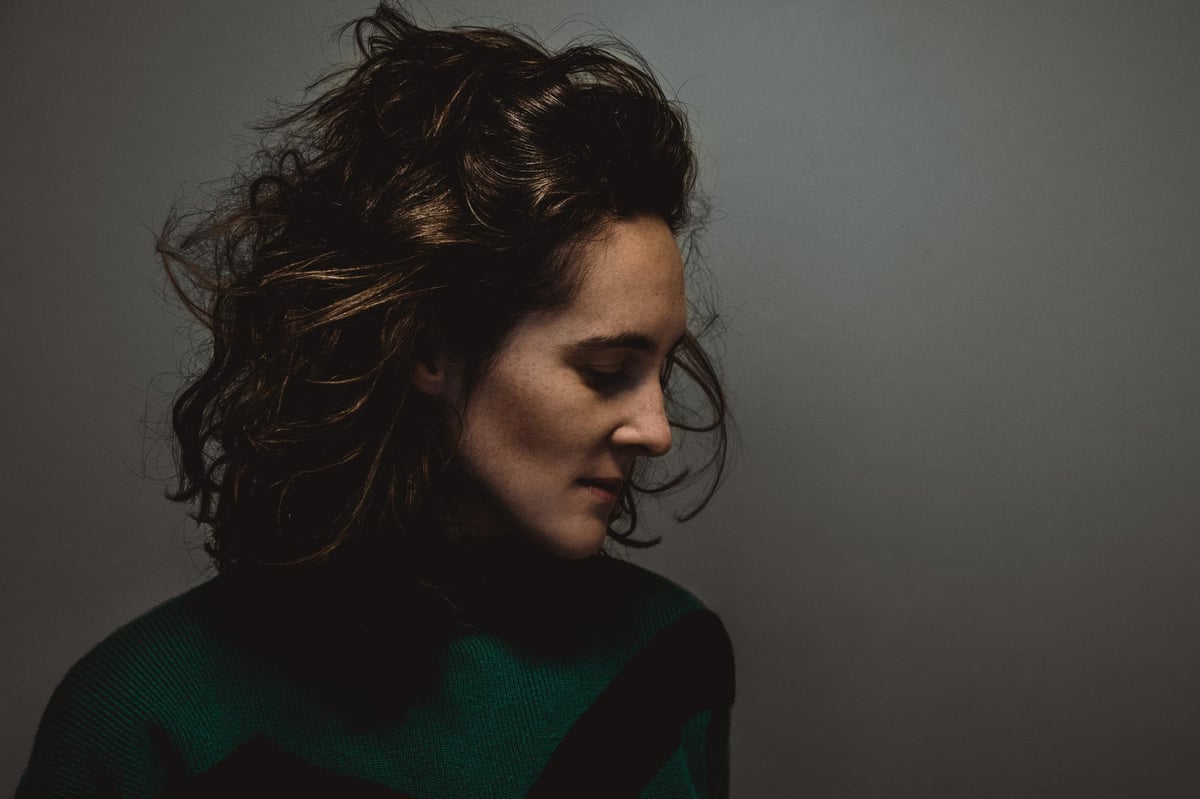Copyright newsletter

In her previous concert here she and her group impressed greatly with their swinging jazz and symphonic cross-overs, and Friday’s concert before a large audience in the Ulster Hall was equally memorable, but for different reasons. This time as conductor she inspirationally held together a varied programme of Ravel, Boulanger and Debussy, and a new Ulster Orchestra co-commission from the well-known Irish musician Michael Gallen. Titled ‘Bad on Alltar’ this is a substantive and many-layered work which, in the words of Fiona Monbet, “talks about boundaries, both visible and invisible, those between worlds, and those within our own”. The programme notes by Michael Gallen and Richard Bratby stated inter alia that the three-movement piece lasting nearly half an hour draws deeply on the composer’s memories of growing up on the Irish border during the Troubles, and how a passage across that border can take on a mystic significance. This is my own experience as a child from south Armagh who looked on Dundalk and Dublin as places from another planet. So the sub-themes of Gallen’s composition are timely in today’s world of migration, uncertainty, and “the unimaginable, terrible or beautiful new thing that can at any moment emerge from the impossible and change our lives”. Such a broad philosophical canvas required a mighty host of musicians and soloists, and they were all there on stage, including the ladies of the Belfast Philharmonic choir, in fine voice. The soloists Maria Ryan and Donal O’Connor, both on fiddle and in voice, and Muireann Nic Amhlaoibh with flute and voice were particularly impressive in their traditional and folk styles, as was Michael Gallen himself who sang hauntingly in the first movement. The reaction of some concert-goers afterwards ranged from “amazing and wonderful, loved it” to “didn’t like it” or “didn’t understand it at all”, which is typical for the premiere of most new works. Michael Gallen’s composition will take time to find its way in its particular musical genre, but it is a truly major work which is sure to command a permanent place in the modern concert arena. The central piece was topped and tailed by Ravel and Boulanger, with part of Debussy’s dreamy ‘Nocturnes’ neatly reminding us, like Gallen, of other worlds and possibilities. This was one of the highlights of the current season, during which the Ulster Orchestra further enhanced its own considerable reputation.



